2023 Instructors
Esmeralda Arrizón-Palomera Heading link
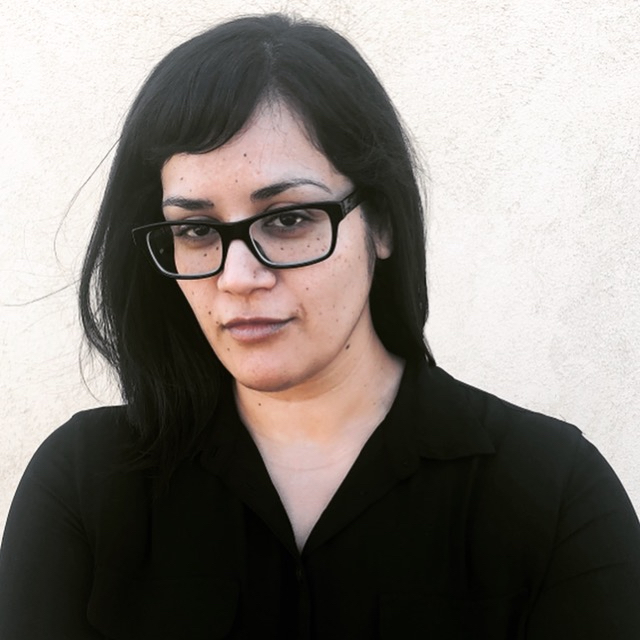
Dr. Esmeralda Arrizón-Palomera is an Assistant Professor of English at the University of Illinois-Chicago. She completed her undergraduate studies at Loyola Marymount University in 2009 and earned her Ph.D. in English Language and Literature at Cornell University in 2020. She specializes in U.S. Latinx and African American Literature and culture with a focus on race, gender, and migration. Her current book project, titled The Coloniality of Citizenship and the Turn to the Undocumented in Feminist Thought, studies the work the undocumented immigrant has enabled in feminist history, theory, and literature from the mid-nineteenth century to the late-twentieth century. She has taught courses in Latinx and African American literature and culture, feminist thought, and social movements at Cornell University, California State University, Los Angeles, Boston University, the University of Pennsylvania, and UIC. Her work has been published or is forthcoming in Aztlán: A Journal of Chicano Studies, Latino Studies, MELUS, American Quarterly, and DreamersAdrift.
Ruth Behar Heading link

Dr. Ruth Behar is a scholar, novelist, poet, and public intellectual. She is the James W. Fernandez Distinguished University Professor of Anthropology at the University of Michigan. Born in Havana, Cuba, she has lived in Spain and Mexico and has returned to Cuba to build bridges around culture and art. She is a MacArthur Fellow, a Carnegie Corporation “Great Immigrant,” and a member of the American Academy of Arts and Sciences. Her acclaimed scholarly books include The Presence of the Past in a Spanish Village, Translated Woman, The Vulnerable Observer, An Island Called Home, and Traveling Heavy. Other works include a bilingual book of poems, Everything I Kept/Todo lo que guardé; a documentary, Adio Kerida; and the prize-winning young adult novels, Lucky Broken Girl and Letters from Cuba, as well as a picture book, Tía Fortuna’s New Home, a story about exile and loss and the search for home.
Daniel Borzutzky Heading link
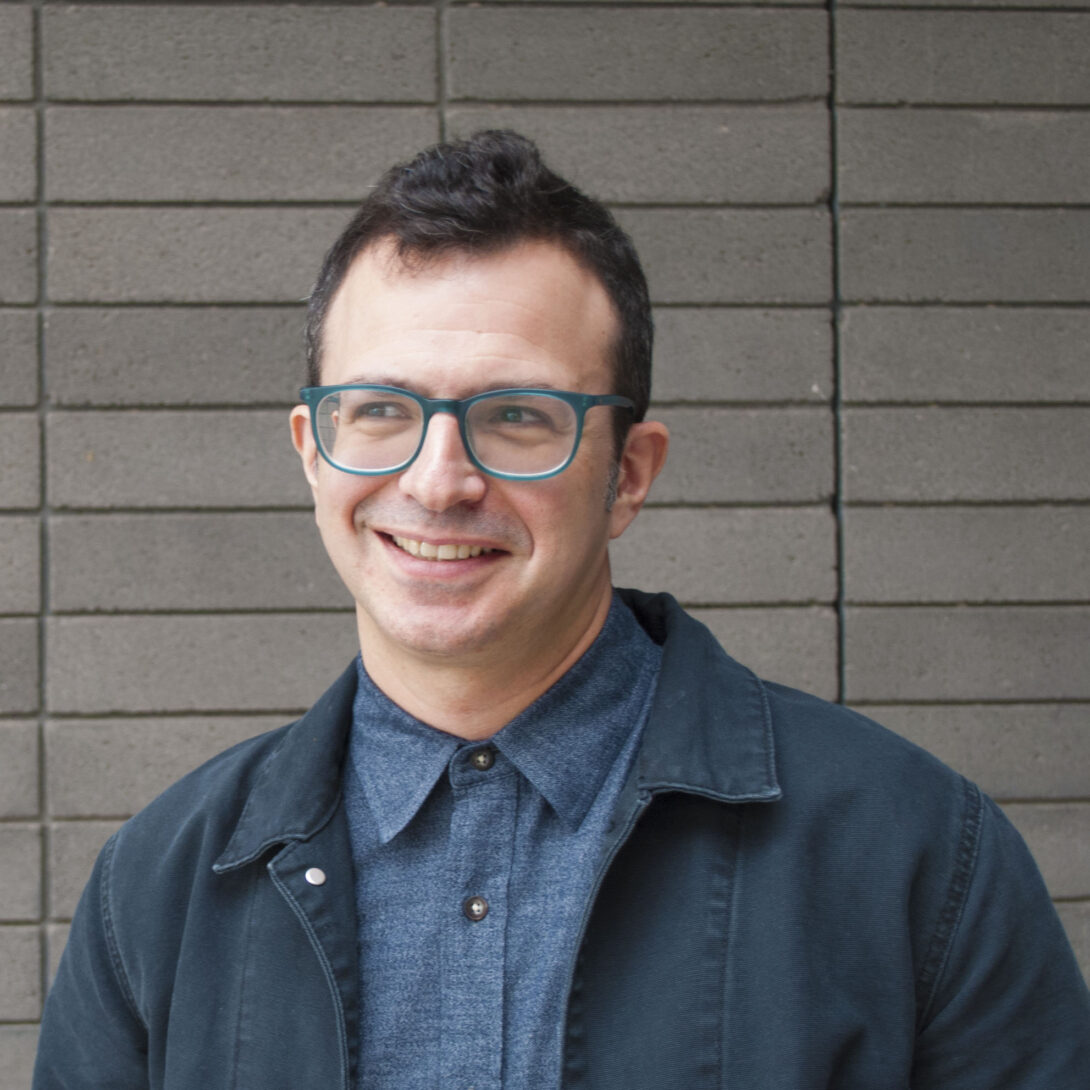
Daniel Borzutzky is a poet and translator, and an Associate Professor in English and Latin American and Latino Studies at the University of Illinois at Chicago (UIC). His most recent book is Written After a Massacre in the Year 2018. His 2016 collection, The Performance of Becoming Human received the National Book Award. Lake Michigan (2018) was a finalist for the Griffin International Poetry Prize. His most recent translation is Paula Ilabaca Nuñez’s The Loose Pearl (2022), winner of the PEN Award for Poetry in Translation. His translation of Galo Ghigliotto’s Valdivia received the 2017 National Translation Award. He has also translated collections by Raúl Zurita, and Jaime Luis Huenún. At UIC he directs the newly formed Center for Latinx Literature and the Americas.
Alex E. Chávez Heading link

Artist-scholar-producer, Alex E. Chávez is the Nancy O’Neill Associate Professor of Anthropology at the University of Notre Dame and Faculty Fellow of the Institute for Latino Studies. His research explores articulations of Latinx sounds and aurality in relation to race, place-making, and the intimacies that bind lives across physical and cultural borders. He is the author of the multi-award-winning book Sounds of Crossing: Music, Migration, and the Aural Poetics of Huapango Arribeño (Duke University Press, 2017)—recipient of the Alan Merriam Prize from the Society for Ethnomusicology (2018), the Society for Latin American and Caribbean Anthropology’s Book Prize (2018), and the Association for Latina and Latino Anthropologists Book Award (2018). He has consistently crossed the boundary between performer and ethnographer in the realms of academic research and publicly engaged work as an artist and producer. He is co-editor of Ethnographic Refusals / Unruly Latinidades. A Fellow of the National Endowment for the Humanities, the National Science Foundation, and the Ford Foundation, in 2020 he was named one of ten Mellon Emerging Faculty Leaders by the Institute for Citizens and Scholars. He currently serves as a National Trustee of the Recording Academy.
Ralph Cintrón Heading link

Ralph Cintrón is a professor of English and Latin American and Latino Studies at the University of Illinois at Chicago. During COVID he was LALS’s interim director. He is a former Rockefeller Foundation Fellow, Fulbright Scholar, honorable mention winner for the Victor Turner Prize in Ethnographic Writing from the American Anthropological Association, and a Fellow of the Rhetoric Society of America. He is the author of Angels’ Town: Chero Ways, Gang Life, and Rhetorics of the Everyday as well as Democracy as Fetish. He is also the co-editor of Culture, Catastrophe + Rhetoric and Co-Pi of 60 Years of Migration: Puerto Ricans in Chicagoland. He is currently writing with a philosopher Natures and Their Cosmologies, a text about planetary heating inside modernity’s political economy. In conjunction with this last project, he is working with climate scientists as a Co-PI on a $25 million grant funded through the Department of Energy to Argonne National Laboratory and UIC, and a $2 million grant funded by Mellon, Crossing Latinidades, which is working with Latino Studies programs at UC Irvine, UT Arlington, and UIC to map the experiences of local Latino communities under climate change.
Kency Cornejo Heading link

Kency Cornejo is Associate Professor at the University of New Mexico where she teaches Contemporary Latin American and Latinx Art Histories. She holds a PhD from Duke University, an MA from UT Austin, and BA from UCLA. Her teaching, research, and publications focus on contemporary art of Central America and its US-based diaspora, art and activism in Latin/o America, and decolonizing methodologies in art. Some of her publications on Central American art can be found in the Journal of Latin American and Latinx Visual Culture; Journal of Commonwealth and Postcolonial Studies; Aztlán: A Journal of Chicano Studies; Art and Documentation; among others, including several chapters in edited books. Her first book manuscript, forthcoming with Duke University Press, analyses thirty years of art and decoloniality in Central America. Her work has been supported by the Fulbright and Ford foundations, an Andy Warhol Foundation Arts Writers Grant, and a National Endowment for the Humanities (NEH) Faculty Award Grant. Kency was born in Los Angeles to Salvadoran immigrant parents and raised in Compton, California.
Esther Díaz Martin Heading link
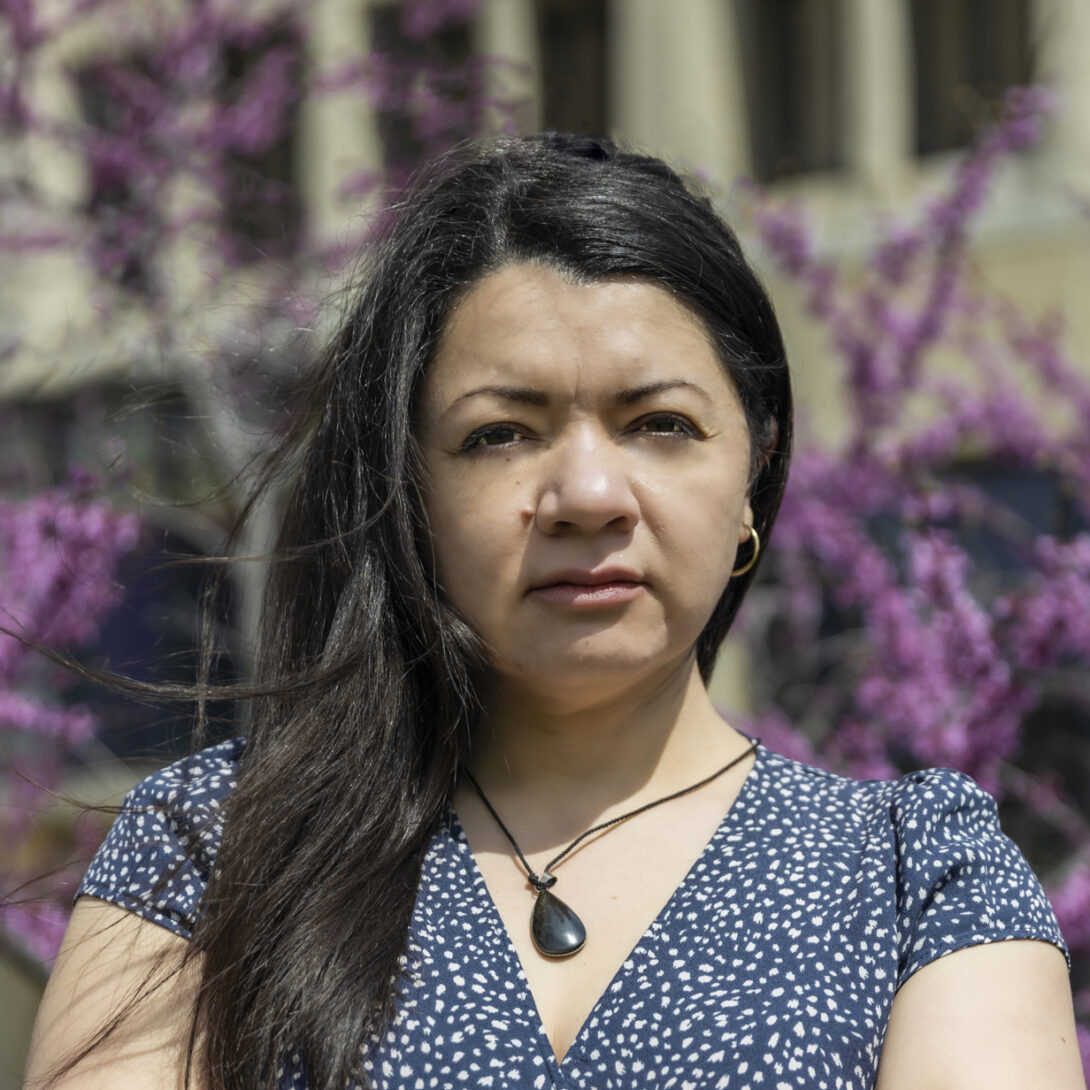
Esther Díaz Martin, Assistant Professor in LALS and GWS, earned her Ph.D. in Iberian and Latin American Languages and Cultures with a Graduate Portfolio in Mexican American and Latina/o Studies from the University of Texas at Austin (2018). She is a first-generation scholar with roots in Jalisco and the San Joaquin Central Valley in California. Her book manuscript Latina Radiophonic Feminism(s): Sound, Voice and Gender Politics into the Digital Age, under contract with the University of Texas Press, explores the sound and discourse of contemporary Latina feminism as heard in US Spanish-language radio and Latina podcasting. Her scholarship, centering on the intersections of sonic, oral, and aural knowledge-making in Latinx popular culture and literature, is published in Chicana / Latina Studies, Diálogo, and Spanish and Portuguese. Her research interests also center on Latinx uses of digital media and Latin@ futurity. She is a previous Faculty Fellow at the Institute for the Humanities (2021-2022) and currently co-leads the Latinx Sound Cultures Studies Research Working Group (2022-2024) through the Crossing Latinidades Humanities Research Initiative. Her most recent essay on the topic of navigating academia as a first-generation scholar, new mother, and part of a dual career couple can be read here.
Lilia Fernández Heading link

Lilia Fernández is Professor in the Department of History at the University of Illinois Chicago (UIC). She is a twentieth-century U.S. historian, whose work focuses on Latinos, urban inequality, and class politics. Her first book, Brown in the Windy City: Mexicans and Puerto Ricans in Postwar Chicago (University of Chicago, 2012) examines the migration, settlement, activism, and racial formation of Mexicans and Puerto Ricans in the city’s central neighborhoods. She is currently at work on a second book on Latino workers, students, and elites in the city. Fernandez is the author of many journal articles and book chapters as well and is the founder and former director of the Latino New Jersey History Project, a student-led, community-based, public humanities research initiative. Dr. Fernandez is working on a similar initiative to gather and record oral histories and archival materials on Latinos in the Chicago area.
Jonathan Inda Heading link
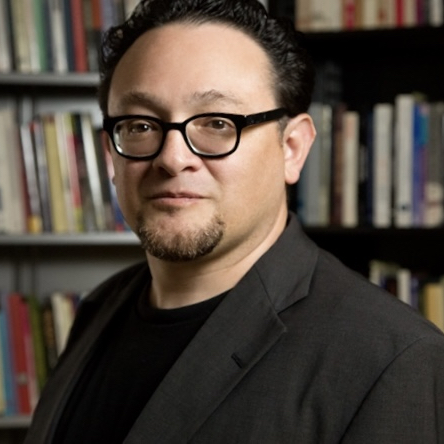
Jonathan Inda is Professor and Director of Latin American and Latino Studies. He earned a Ph.D. in Anthropology from the University of California at Berkeley and an A.B. in Public Policy from Stanford University. His areas of expertise include anthropology and globalization; Foucauldian social theory; the government of immigration; and race, science, and medicine. He is the author of Targeting Immigrants: Government, Technology, and Ethics and Racial Prescriptions: Pharmaceuticals, Difference, and the Politics of Life, as well as editor of Race, Identity, and Citizenship, The Anthropology of Globalization, Anthropologies of Modernity: Foucault, Governmentality, and the Politics of Life, and Governing Immigration Through Crime. Professor Inda recently received a major grant from the Andrew W. Mellon Foundation to establish the Scholars Under Threat in the Americas (SUTA) program. This program will make it possible for two scholars from Latin America to escape threatening conditions at home and spend two years at UIC. SUTA will also provide faculty, staff, and students at UIC, as well the broader Chicago community and public, with the opportunity to acquire knowledge about the plight of at-risk scholars in the Americas and engage in advocacy. Research wise, he is currently collaborating with colleagues at the University of New Mexico and the University of California at Santa Cruz on a project focused on the precariousness of migrant life in spaces of captivity (detention centers, jails, borders, and so forth).
Lawrence La Fountain Stokes Heading link

Lawrence La Fountain Stokes is professor of Spanish, American Culture, and Women’s and Gender Studies at the University of Michigan. His research interests are American and ethnic studies, queer/LGBT Hispanic Caribbean (Cuban, Dominican, Puerto Rican) studies, and U.S. Latina/o/x and Latin American literary, cultural, and performance studies. His first book, Queer Ricans: Cultures and Sexualities in the Diaspora (University of Minnesota Press, 2009), analyzes portrayals of migration, sexual diversity, and gender nonconformity in Puerto Rican cultural productions on both on the island and in the United States. His most recent book, Translocas: The Politics of Puerto Rican Drag and Trans Performance (University of Michigan Press, 2021), he focuses on migration, transvestism, and performance and argue that drag can serve not only to question gender and sexuality but also to explore commodification, cyberspace, diasporic displacements and reenactments of home, ethnicity, the human/animal divide, monstrosity, politics, poverty, race, and racial passing.
Deanna Ledezma Heading link

Deanna Ledezma (she/her) is the Postdoctoral Research Associate for the Inter-University Program for Latino Research/University of Illinois Chicago Mellon Program (2022–24). Specializing in the history and theory of photography and Latinx art and visual culture, she earned her PhD in Art History from UIC in 2022. Her current book project examines issues of identities, diasporas, kinship, and belonging in Latinx photographic archives from the 1940s to the present. Her work has appeared in Art Journal, Photography & Culture, caa.reviews, and the Latinx Project’s Intervenxions. Green Lantern Press and Walls Divide Press have published her nonfiction writing which focuses on her family’s experiences as Mexican immigrants living and working in the Texas Hill Country. Forthcoming publications include the book chapters “Photographs from the Fields: The Digital Activism of the United Farm Workers,” co-written with Josh Rios, in Reworking Labor (Fall 2023) and “Dismantling Latinx Monoliths: Representations of Material Culture, Communities, and Kinship in 1980s Chicago” in The Routledge Handbook of American Material Culture Studies (2024). In addition to her research practice, she collaborates with Latinx artists on creative projects, most recently with Diana Solís on her artist’s book Luz: Seeing the Space Between Us (2022). Ledezma is also a Lecturer at the School of the Art Institute of Chicago, where she teaches in the Departments of Art History, Theory, and Criticism and Liberal Arts.
Patrisia Macías-Rojas Heading link
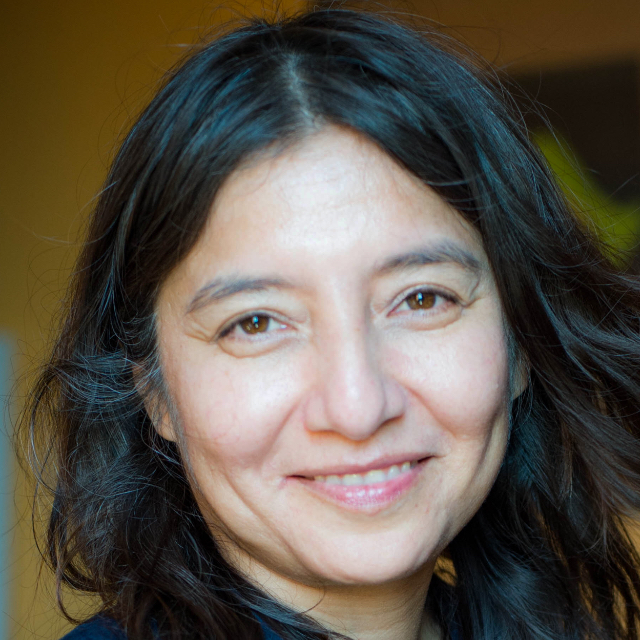
Patrisia Macías-Rojas received her PhD in Sociology from The University of California, Berkeley. She is an Associate Professor in Sociology and Latin American and Latin Studies at the University of Illinois Chicago. Her first book, From Deportation to Prison: The Politics of Immigration Enforcement in Post-Civil Rights America (NYU Press, October 2016), draws on over a decade of archival and ethnographic research on the US-Mexico border to examine how immigration enforcement became one of the leading charges sending people to prison. It is one of the first book-length monographs to analyze the socio-political origins of the punitive turn in immigration control, foregrounding the understudied role of race, civil rights, and mass incarceration in transforming the immigration system. From Deportation to Prison won the 2017 Oliver Cromwell Cox Book award from the American Sociological Association’s Section on Racial and Ethnic Minorities. Her newest research examines the transformation of border security twenty years after the creation of the Department of Homeland Security (DHS). Macias-Rojas is also currently working on a collaborative project examining the politics of bed space in prisons, detention centers and hospitals that are at the center of political struggles intensified by the COVID-19 pandemic. She is also working on a historical project about race, immigration, and populism and the ways in which rightwing populist movements mobilize immigration and border issues. She has also written about the Democratic Party and immigration politics; the convergence of border security and domestic policing; and detention and confinement.
Lillian Manzor Heading link
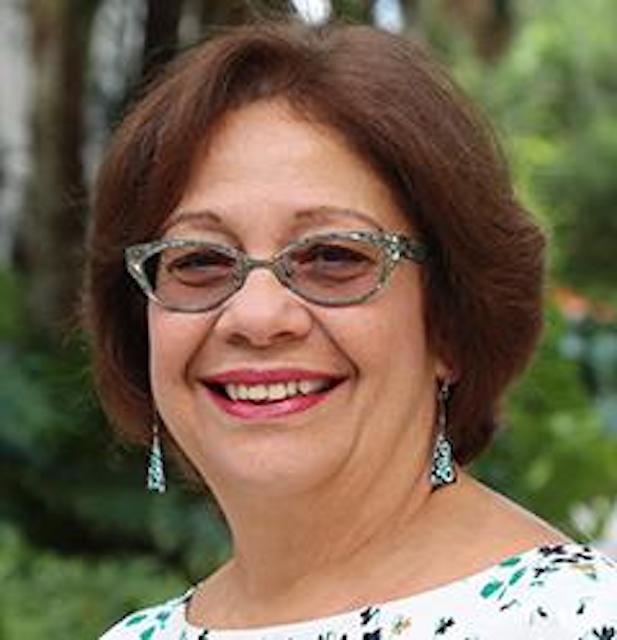
Lillian Manzor is Professor of Modern Languages and Literatures and Hemispheric Caribbean Studies at the University of Miami and Founding Director of the Cuban Theater Digital Archive (www.cubantheater.org). She is co-editor of the book series Sualos, published jointly by Havana’s Editorial Alarcos and Miami’s CTDA Press. She is widely published in the field of Latin American and Latinx cultural studies and theater and performance studies. She is co-editor of Teatro cubano actual: dramaturgia escrita en los Estados Unidos (2005, the first book in Spanish on Cuban American theater published in Havana), and Teatro de las tres Américas: escena, política y ficción. Antología Norte (Ediciones TeatroSinParedes 2022). Her latest book is Marginality Beyond Return: US-Cuban Performances in the 1980s and 90s (Routledge 2023). Dr. Manzor has been an innovator in using technology with projects such as the online exhibit Cuban Theater in Miami: 1960-1980 https://scholar.library.miami.edu/miamitheater/ the multimodal book, El Ciervo Encantado: An Altar in the Mangrove and Sites that Speak, https://scalar.usc.edu/hc/sites-that-speak/index a digital cultural map of performing arts spaces in Spanish in Miami.
Jennifer Nájera Heading link
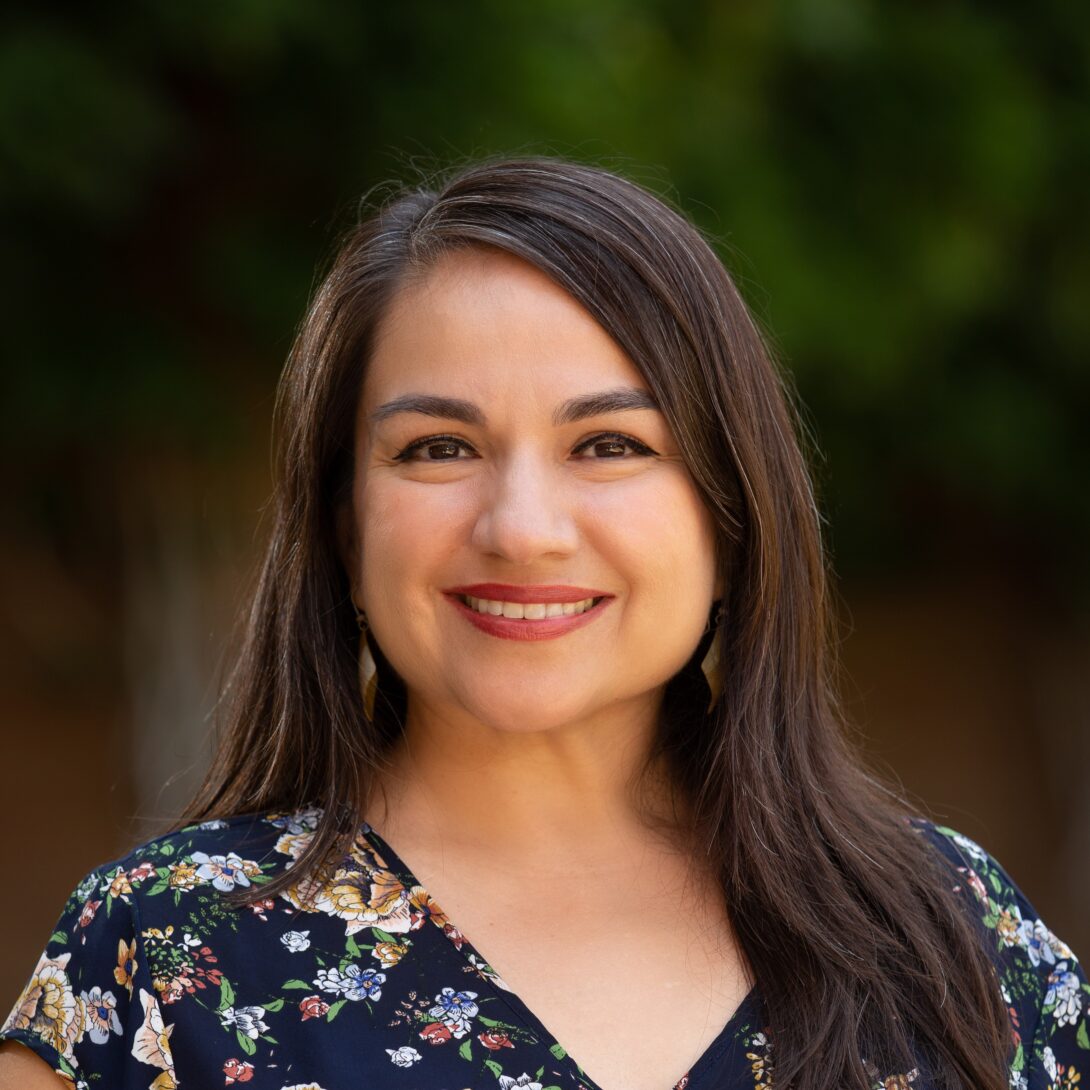
Jennifer Nájera is Associate Professor and Chair in the Department of Ethnic Studies at the University of California, Riverside. She is a cultural anthropologist by training, and her research interests lie at the intersection of race, immigration, and education. Dr. Nájera has published articles in Chicana Latina Studies, The Oral History Review, and Anthropology and Education Quarterly. Nájera is the author of The Borderlands of Race: Mexican Segregation in a South Texas Town (University of Texas Press, 2015), which uses concepts of cultural citizenship to understand how Mexican origin people facilitated desegregation through everyday actions. She is currently completing a second manuscript entitled, Undocumented Education: Intersections of Activism and Education Among Undocumented Students, currently under contract with Duke University Press. Nájera is a PI in the Crossing Latinidades Research Working Group Mapping Everyday Mexicana/Chicana Political Organizing in the Texas and Arizona Borderlands.
Nancy Raquel Mirabal Heading link
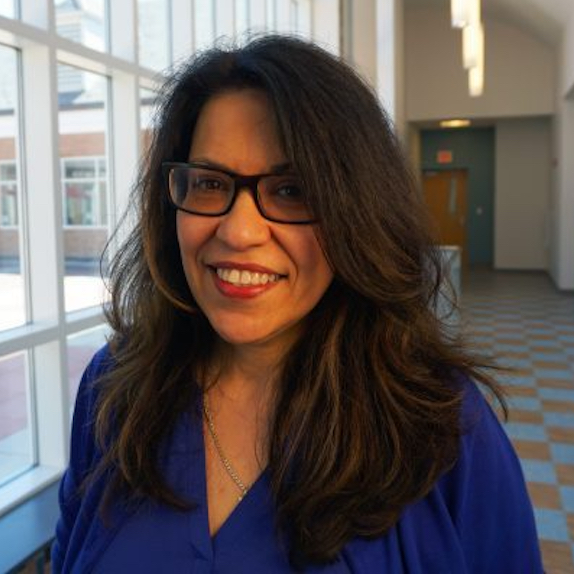
Nancy Raquel Mirabal is Associate Professor in the American Studies Department and Director of the U.S. Latina/o Studies Program at the University of Maryland, College Park. Mirabal is an historian who has published widely in the fields of Afro-diasporic and spatial studies. She is the author of Suspect Freedoms: The Racial and Sexual Politics of Cubanidad in New York, 1823-1957 (NYU Press, 2017), and co-editor of Keywords for Latina/o Studies (NYU Press, 2017). Her research has appeared in key anthologies, including The Afro-Latin@ Reader and AfroLatin@s in Movement, and in several Afro-diasporic journals such as Callaloo and Small Axe. Mirabal was an invited keynote speaker for the Representation of Afro-Latinidad Conference and served on the program committee for the first-ever NEH Summer Institute on Afro-Latin American and Afro-Latinx Studies. She is a recipient of several grants and awards, including the Scholar in Residence Fellowship, Schomburg Center for Research in Black Culture, University Chancellor Postdoctoral Fellowship, U.C. Berkeley; Social Science Research Council International Migration Fellowship; National Endowment for the Humanities; and a past Distinguished Lecturer for the Organization of American Historians.
Jonathan Rosa Heading link
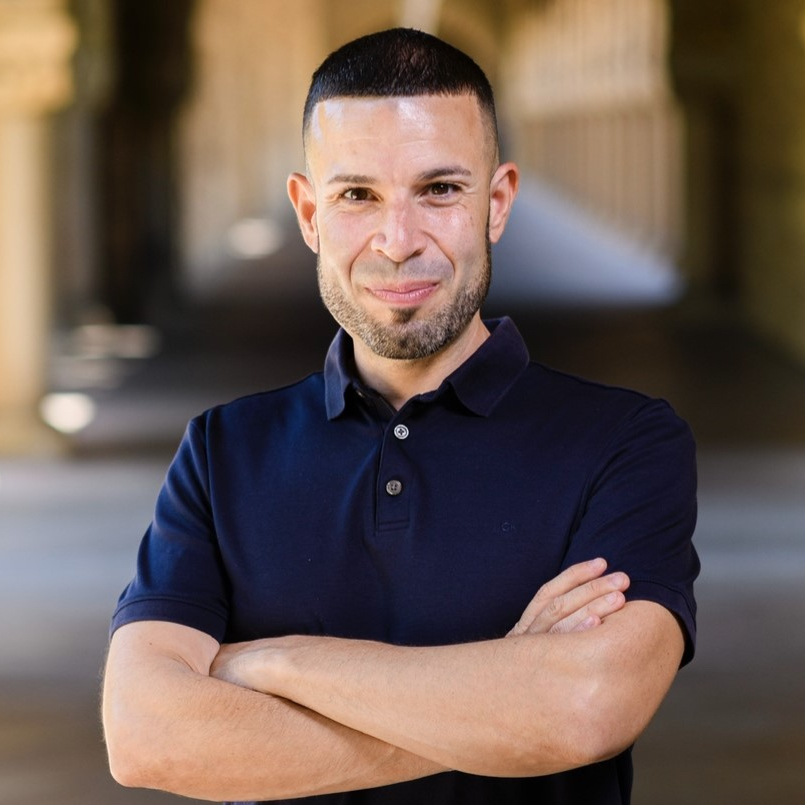
Jonathan Rosa is Associate Professor in the Graduate School of Education, Center for Comparative Studies in Race and Ethnicity, and, by courtesy, Departments of Anthropology, Linguistics, and Comparative Literature at Stanford University. He is also Director of Stanford’s Program in Chicanx-Latinx Studies and Co-Director of the Center for Global Ethnography. Rosa’s research centers on joint analyses of racial marginalization, linguistic stigmatization, and educational inequity. He is author of the award-winning book, Looking Like a Language, Sounding Like a Race: Raciolinguistic Ideologies and the Learning of Latinidad (2019, Oxford University Press), and co-editor of the volume, Language and Social Justice in Practice (2019, Routledge). His work has appeared in scholarly journals such as Harvard Educational Review, American Ethnologist, Journal of Linguistic Anthropology, and Language in Society, as well as media outlets such as The New York Times, The Nation, NPR, and Univision.
Albert Sergio Laguna Heading link
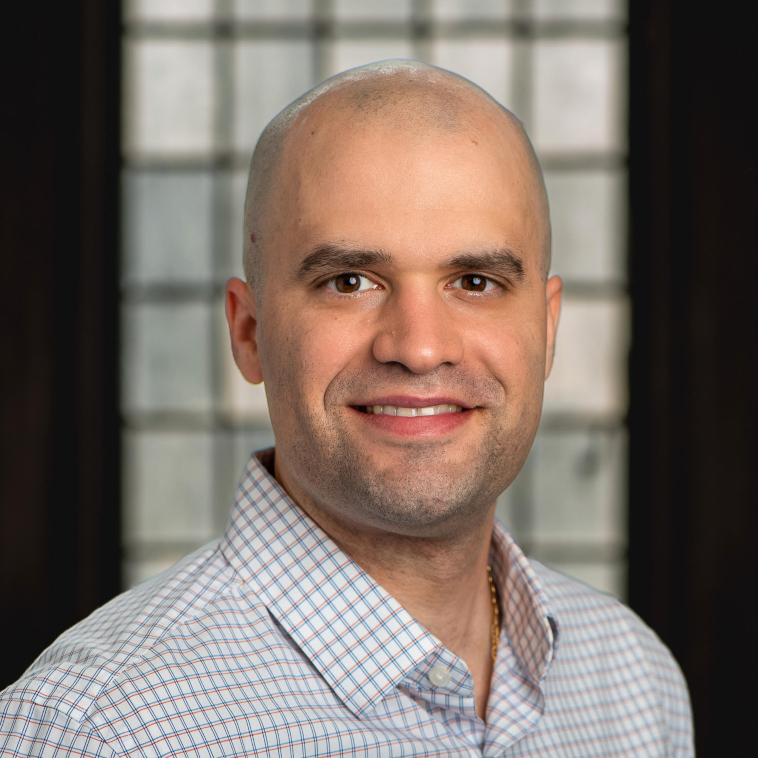
Albert Sergio Laguna is Associate Professor of Ethnicity, Race & Migration and American Studies at Yale University. His research and teaching interests include transnational Latinx literatures and cultures, comparative ethnic studies, performance studies, and popular culture studies. His award-winning work has been published in Latino Studies, The Journal of Latin American Cultural Studies, Latin American Research Review, Contemporary Literature, Cultural Critique, Diario de Cuba, The Miami Herald, The Washington Post, and on CNN.com. Laguna’s first book, Diversión: Play and Popular Culture in Cuban America, was published by NYU Press in 2017.